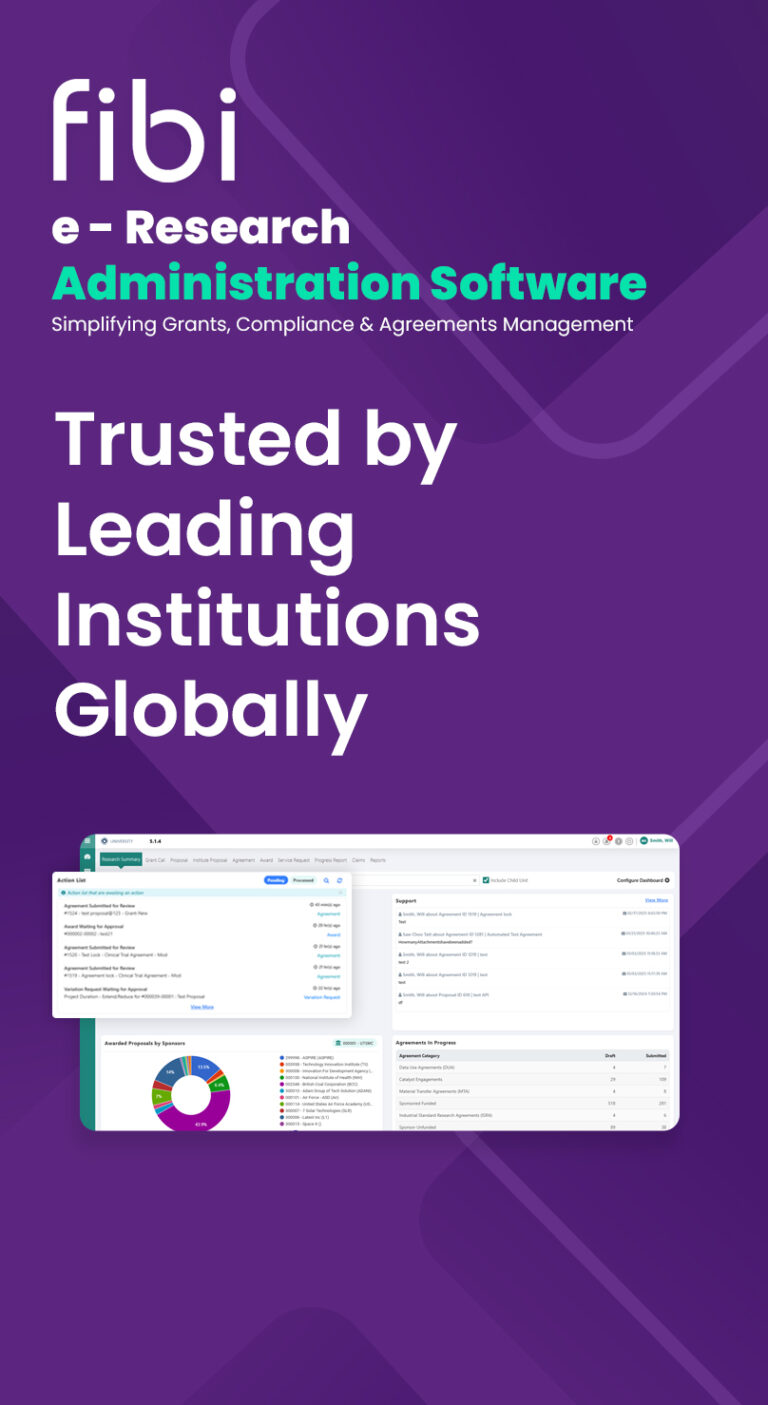The software market in the Netherlands is witnessing remarkable growth, with forecasts projecting a revenue increase of $1.9 billion, representing a significant 19.42% growth between 2024 and 2029. By 2029, the market is anticipated to reach a new peak of $12 billion. This vibrant, fast-evolving market offers vast opportunities for IT companies to scale, innovate, and thrive. However, to tap into these opportunities, companies must adopt a strategic approach that addresses the challenges unique to this market.
Here are six key strategies, along with essential information to help your company scale effectively in the Netherlands:
1. Leverage Advanced Digital Infrastructure
The Netherlands boasts one of the most advanced digital infrastructures in the world, offering unparalleled opportunities for growth. IT companies can scale their platforms efficiently by tapping into the country’s robust network of tech incubators and accelerators. Key organizations to explore include:
- Rockstart Accelerator: Focuses on scaling startups in the fields of AI, energy, health, and emerging technologies. This accelerator can connect companies with the Dutch tech community and provide crucial support for innovation.
- ACE Incubator: Helps startups connect with investors, mentors, and industry experts to scale their solutions.
Additionally, companies should focus on optimizing their operations through cloud computing and data centers, which are readily available across the Netherlands. By utilizing services like Amsterdam Internet Exchange (AMS-IX), one of the largest data traffic hubs globally, companies can ensure their platforms run smoothly and can handle significant user volumes.
2. Navigate the Regulatory Landscape
Understanding and complying with regulatory requirements is vital for companies aiming to scale in the Netherlands. The country is known for its strict compliance with data privacy and cybersecurity regulations. Below is a list of essential regulatory bodies and frameworks that IT companies must be aware of:
- General Data Protection Regulation (GDPR): The overarching regulation governing data privacy in the EU. Companies must ensure compliance with GDPR when handling user data.
- Dutch Data Protection Authority (Autoriteit Persoonsgegevens): The national supervisory authority responsible for enforcing GDPR in the Netherlands.
- Network and Information Systems (NIS) Directive: Ensures the security of network and information systems across the EU, requiring IT companies to integrate stringent security protocols into their platforms.
In addition, companies should explore partnerships with cybersecurity organizations in the Netherlands, such as The Dutch Cyber Security Council, which offers guidance and best practices to ensure your platform meets the highest security standards.
3. Adopt Sustainable Practices
Sustainability is at the forefront of Dutch business practices. As the Netherlands leads the charge toward a greener economy, IT companies looking to scale must align with eco-friendly principles. Here are a few steps to incorporate sustainability into your platform:
- Green Hosting Providers: Work with hosting providers that use renewable energy, such as Greenhost or True, to minimize your platform’s carbon footprint.
- Government Incentives: The Dutch government incentivizes companies to adopt sustainable technologies. Programs such as the Energy Investment.
- Allowance (EIA) and Environmental Investment Rebate (MIA) can help offset costs associated with green tech investments.
- Circular IT: Implement practices that promote reusing and recycling hardware, thereby reducing waste.
By aligning with these practices, your company not only contributes to sustainability but also strengthens its market appeal, as more Dutch consumers and businesses prioritize eco-friendly solutions.
4. Optimize Operational Efficiency
Scaling a platform in the Netherlands requires a keen focus on operational efficiency. Streamlining processes not only reduces costs but also ensures that your platform can handle growing demand. Here’s how companies can optimize:
- Cloud Computing and Edge Solutions: Utilize Dutch cloud service providers like Interxion and KPN Cloud to enhance performance and reduce latency for users.
- Software Automation: Automating routine tasks such as customer onboarding, data management, and troubleshooting can free up valuable resources for innovation.
- Outsourcing Non-Core Functions : Partnering with companies like Polus Solutions for non-core activities such as Development support, QA, or administrative tasks can help your company focus on scaling its core products and services.
5. Embrace Emerging Technologies
The Netherlands is a leader in the adoption of cutting-edge technologies. IT companies should explore the following tech trends to stay competitive and enhance their platform’s capabilities:
- Artificial Intelligence (AI): AI-driven solutions can improve decision-making and automate tasks, leading to a more efficient and scalable platform. Dutch industries like FinTech and HealthTech are particularly interested in AI innovations
Blockchain: The Netherlands is at the forefront of blockchain technology adoption, especially in logistics and financial services. Integrating blockchain into your platform can offer enhanced security, transparency, and traceability.
Internet of Things (IoT): With a growing IoT market, companies should consider incorporating IoT capabilities to improve user experience, particularly in sectors such as smart cities, health, and industrial automation.
Working with organizations like TNO (Netherlands Organization for Applied Scientific Research) can help you leverage the latest in AI, blockchain, and IoT technologies.
6. Invest in Cybersecurity
As digital transformation accelerates, cybersecurity is a top priority in the Netherlands. Companies scaling their platforms must integrate robust cybersecurity measures to protect sensitive data. Essential actions include:
- ISO 27001 Certification: Obtain this internationally recognized certification for information security management to build trust with Dutch businesses.
- Dutch Cybersecurity Act: Adhere to the standards set out in the Cybersecurity Act, which defines the security requirements for products, services, and platforms in the digital ecosystem.
- Penetration Testing: Regularly conduct penetration tests to identify and mitigate vulnerabilities in your platform. Consider working with cybersecurity firms for comprehensive security assessments.
Incorporating advanced security measures can make your platform more attractive to Dutch businesses, which are increasingly focused on protecting their operations from cyber threats.
The Dutch software market offers immense opportunities, but companies must take a proactive approach to succeed. By leveraging advanced infrastructure, staying compliant with regulatory frameworks, integrating sustainability, optimizing operations, embracing emerging technologies, and prioritizing cybersecurity, your company can scale effectively in this dynamic environment.
For businesses looking to optimize their operations or outsource non-core functions, Polus Solutions provides professional support to help you navigate the challenges of scaling and achieve sustained success in the thriving Dutch software market.
























